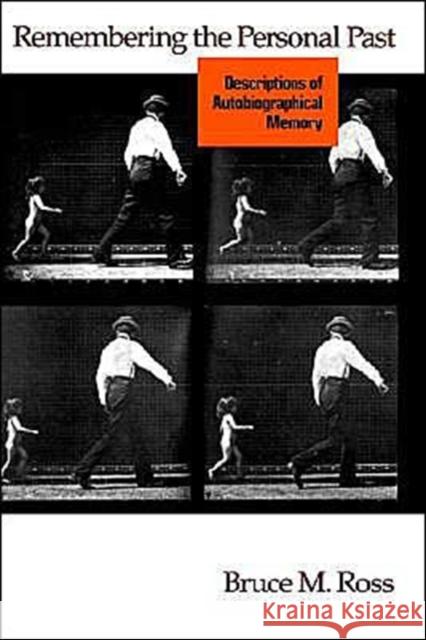Remembering the Personal Past » książka
Remembering the Personal Past
ISBN-13: 9780195068948 / Angielski / Twarda / 1992 / 256 str.
In this resonant, scholarly work, Bruce Ross presents an encompassing theoretical framework and overview of autobiographical memory. Drawing on a wide range of ideas from academic psychology, the social sciences, psychoanalysis, and the humanistic disciplines, the author presents a stimulating and original perspective on this increasingly important topic. Ross' description encompasses the full range of subjective responsiveness to personal memories, both with and without awareness, including real-world social context and examples that can be compared with one's own experience; critical assessment of psychoanalytic memory concepts with a clear distinction drawn between Freud's ideas and those of his later followers; childhood memories dealt with from dual standpoints of initial origin and adult retrospection; explanations of problems and dilemmas in philosophy and the human sciences that determine both what is to be counted as a memory experience and how memories can be validated; and the phenomena of individual memories compared with characteristics of group-determined memories and socially structured memories that persist across generations. Cognizant of the rich intellectual history of the field, the book also calls on the works of James, Titchener, Freud, Piaget, Baldwin, Janet, Bartlett, Ellis, Bergson, Bloch, Halbwachs, and Merleau-Ponty, among others, to broaden our current understanding of the experience of autobiographical memory. Students and researchers from a number of disciplines concerned with the psychology of memory, cognition, and identity will find this volume both insightful and thought-provoking.











